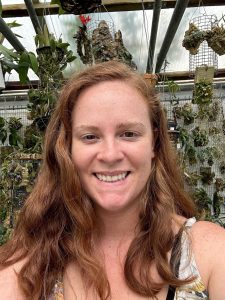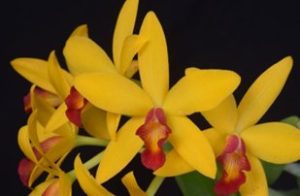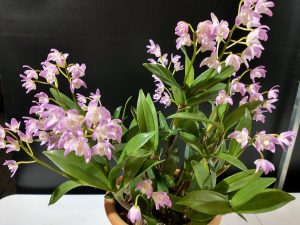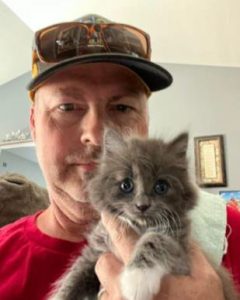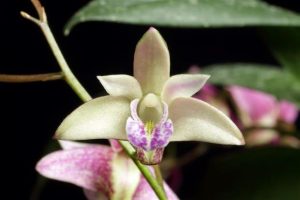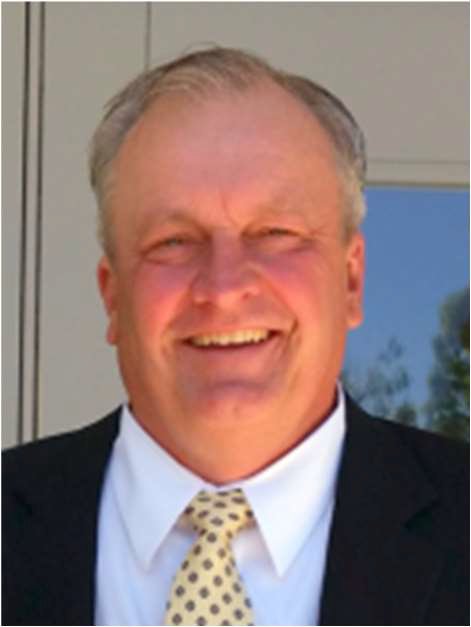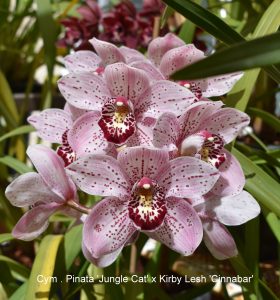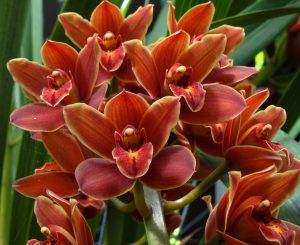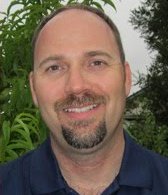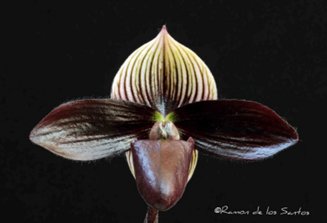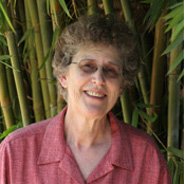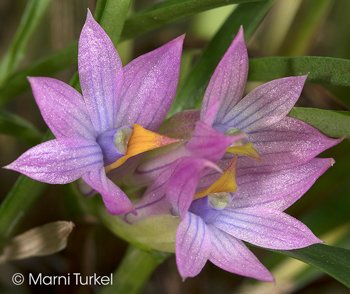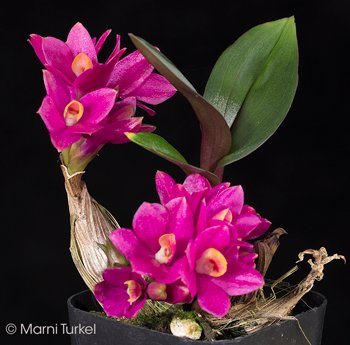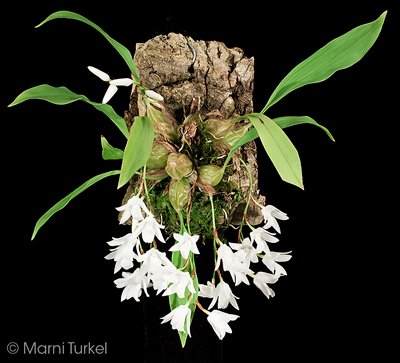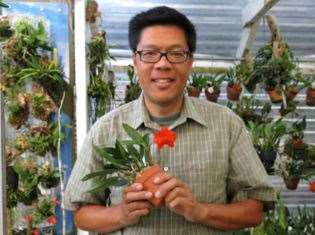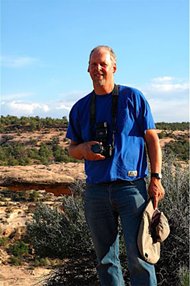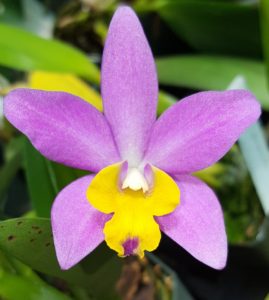This month our speaker is David Edgely. David will be speaking on Phalaenopsis: Soup to Nuts.
The meeting will be a hybrid IN PERSON/ZOOM meeting, but David will be at the Water District Building with us. Please contact Henry Shaw (dvosshowandtell@gmail.com) if you want the link for the ZOOM meeting. But I would certainly try to be at the meeting in person.
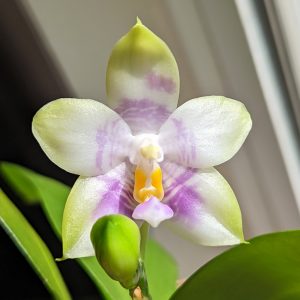
Phal. Mituo Purple Dragon ‘Phalanx’
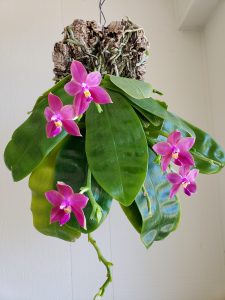
Phal. LD Bellina Eagle x Phal. Prima
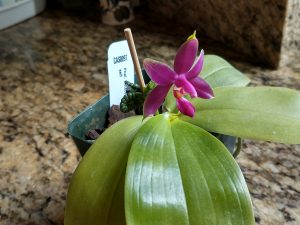
Phal. violacea var. sumatrana Dark Devil x self
Phalaenopsis: Soup to Nuts
Everything you always wanted to know about Phalaenopsis but didn’t know who to ask. In this comprehensive program, David covers a wide variety of topics such as what is an orchid? Do I need to feed them? What about ice cubes? Can I trim wandering roots? Also, fertilizer, watering, potting, roots, pots, media, virus, magic elixirs, advanced topics like “where do baby orchids come from?” and much more.
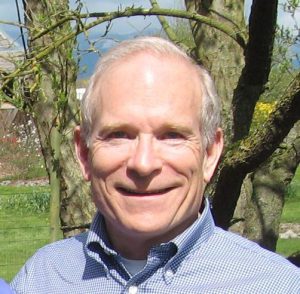 David’s Orchid Biography
David’s Orchid Biography
David has been growing Phalaenopsis for decades, introduced them as a teenager living on a Navy base in the Philippines. A hobby grower, David has been active in local societies and shows, spreading the good news about Phalaenopsis. In his small and rather crowded (10’x12′) greenhouse in the Pacific Northwest in the small tourist town of La Conner, Washington, David grows hundreds of orchids, primarily Phalaenopsis. In addition, David has made a few of his own crosses. Over the years, he has killed his fair share and hopefully learned most of what not to do. Having tried nearly every possible potting media (except shredded newspaper), and fertilizer fad, David has learned some hard but valuable lessons over the years. Some of David’s favorite Phalaenopsis are Harlequins, multi-floras, reds, oranges, yellows and, of course, novelty hybrids. Favorite species include Phal. schilleriana, equestris, and bellina. He is an accredited American Orchid Society judge, former AOS trustee, and treasurer of the International Phalaenopsis Alliance (IPA).
Dinner with the Speaker
Members of DVOS are invited to a no-host, pre-meeting dinner with our guest speaker, Dave Edgely We will meet for dinner at 5 PM on Thursday October 12th at:
Aung Burm, 2151 Salvio St Suite E, Concord, CA 94520
This restaurant is a 5-minute drive from the meeting venue. If you wish to attend, please RSVP to bonddiane9@gmail.com by 5 PM Wednesday, October 11th so that she can make reservations.
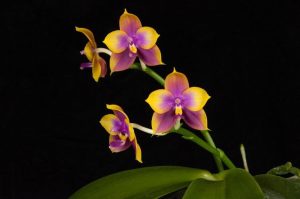
Phalaenopsis Zeng Min Cedar ‘Prince’
This is one of David’s recently awarded Phalaenopsis
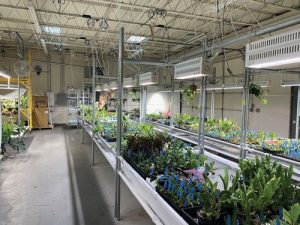 Kelly is an expert at growing under light. She will share some of her knowledge with us. For further reading see her series of articles in Orchids Magazine July – November 2021
Kelly is an expert at growing under light. She will share some of her knowledge with us. For further reading see her series of articles in Orchids Magazine July – November 2021
